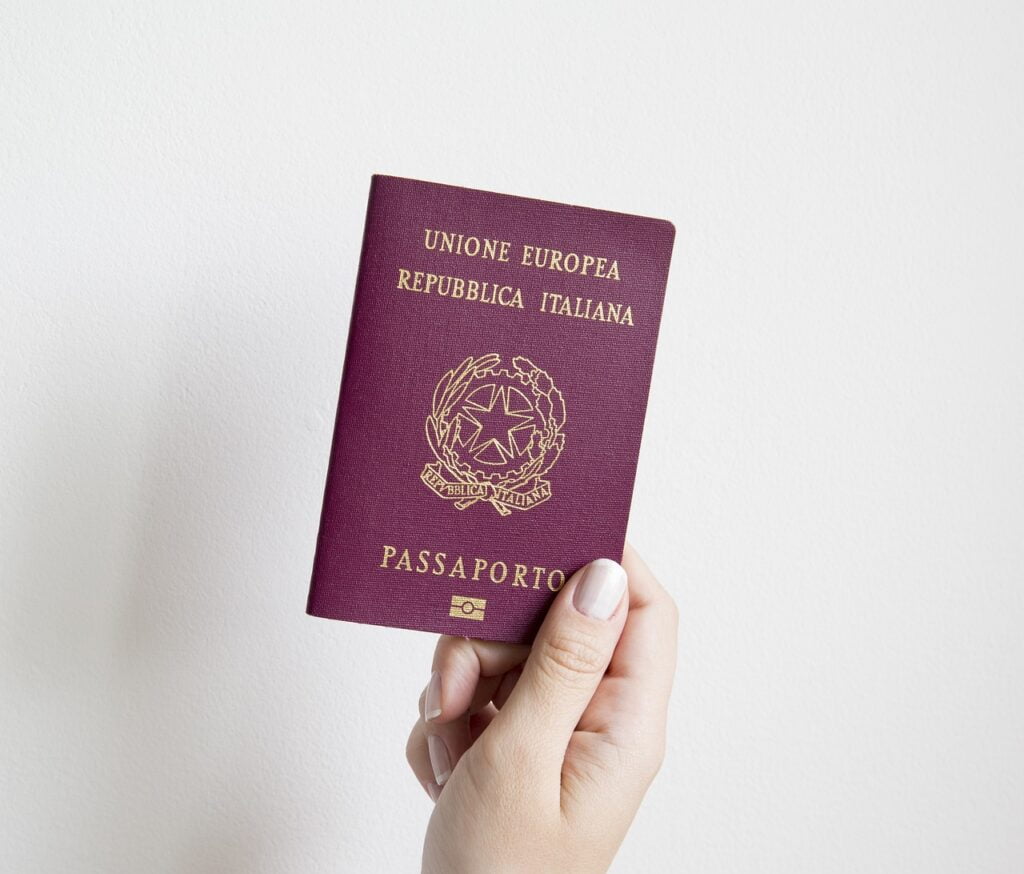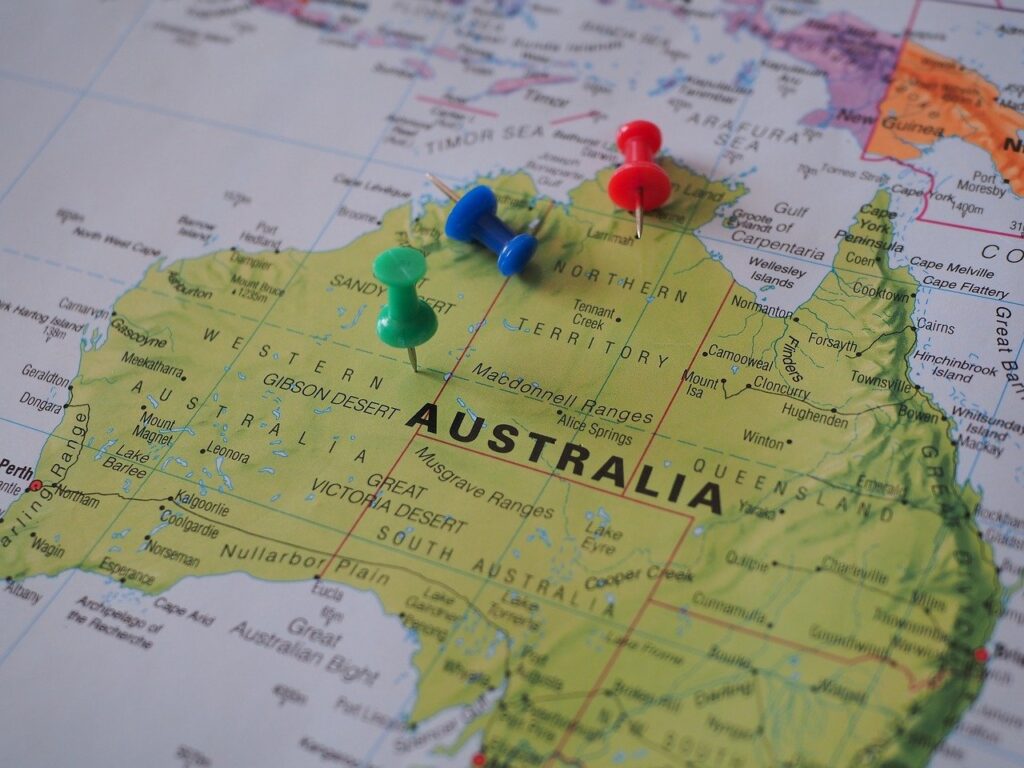
Australia is renowned for its stringent customs and biosecurity regulations, which are pivotal in safeguarding the nation’s unique environment and agricultural industry. Given Australia’s geographical isolation, the introduction of foreign pests, diseases, and plant material can have devastating consequences on its ecosystems and biodiversity. Consequently, the Australian government has implemented rigorous measures to prevent such incursions, ensuring that the natural landscape and agricultural productivity remain unscathed.
At the heart of these regulations is the requirement for travelers to declare specific items upon entering the country. This declaration process is not merely a bureaucratic formality but a critical step in maintaining Australia’s biosecurity. Items that pose a potential risk, such as food, plants, animal products, and certain outdoor equipment, must be declared to customs officials. This allows for proper inspection and, if necessary, treatment or disposal to mitigate any biosecurity threats.
Failure to declare items accurately can result in severe penalties, including fines and potential legal action. Australian customs authorities employ sophisticated detection methods, including sniffer dogs and x-ray machines, to identify undeclared items. Therefore, it is in every traveler’s best interest to comply fully with the declaration requirements.
Understanding and adhering to these customs and biosecurity laws is essential for anyone visiting Australia. The regulations are designed not only to protect the country’s natural heritage but also to support its agricultural sector, which plays a vital role in the economy. By being aware of what needs to be declared and following the necessary procedures, travelers contribute to preserving Australia’s rich environmental legacy and ensuring the continued health of its agricultural resources.
Items That Must Be Declared
Upon arrival in Australia, travelers are obligated to declare specific items to ensure compliance with the country’s customs and biosecurity regulations. This requirement is crucial for protecting Australia’s unique ecosystem and public health. The following categories detail the types of items that must be declared, along with examples and the rationale behind these regulations.
Medication: Any type of medication, whether prescription or over-the-counter, must be declared. This includes herbal medicines, vitamins, and supplements. The primary reason for this is to control the entry of substances that might be restricted or harmful. Failure to declare medication can lead to confiscation and potential legal action. It is advisable to carry a prescription or a letter from a medical professional to facilitate the process.
Weapons: All forms of weapons, including firearms, ammunition, and other dangerous items such as knives and martial arts equipment, must be reported upon entry. Australia’s strict gun laws and weapon regulations are designed to enhance public safety. Undeclared weapons can result in severe penalties, including fines and imprisonment. Travelers should ensure that they have the necessary permits and documentation if they need to carry such items.
Animal Products: Items derived from animals, such as meat, dairy, eggs, and even some processed foods, must be declared. This also includes products made from animal hides, bones, and feathers. The rationale is to prevent the introduction of diseases and pests that could threaten local wildlife and agriculture. Undeclared animal products can be confiscated and destroyed, and the traveler may face fines.
Other items that require declaration include plants and plant products, agricultural equipment, and certain food items. The consequences of failing to declare these items can be significant, including fines, confiscation of goods, and legal proceedings. Travelers are encouraged to review Australia’s customs regulations before departure to ensure a smooth and compliant entry process.
Alcohol and Tobacco Allowances
When entering Australia, travelers are permitted to bring certain quantities of alcohol and tobacco duty-free. It is crucial to understand these allowances to avoid unnecessary penalties and ensure compliance with Australian customs regulations.
Each traveler aged 18 years and over is allowed to bring up to 2.25 liters of alcoholic beverages and 25 grams of tobacco products, which may include one open packet of up to 25 cigarettes. If you bring more than these specified amounts, you must declare the excess to customs upon arrival. Failure to declare over-limit quantities can result in confiscation of the goods, fines, or other legal penalties.
Declaration of excess alcohol or tobacco is straightforward. Upon arrival, you should proceed to the red channel and inform a customs officer about the quantities you are carrying. The officer will assess the excess amounts and calculate the applicable duties and taxes. The rates for these duties vary and are subject to periodic updates, so it is advisable to check the latest information on the Australian Border Force website before your travel.
To manage your alcohol and tobacco quantities effectively and stay within the allowance limits, it is recommended to keep track of what you purchase and consume before your arrival in Australia. If you are traveling with companions, distributing the quantities among the group can help to stay within individual limits. Additionally, consider purchasing your alcohol and tobacco at duty-free shops, where quantities are often clearly marked, helping to prevent accidental overages.
Understanding and adhering to these duty-free allowances ensures a smoother entry process and helps you avoid additional costs. By planning ahead and declaring any excess amounts, you can navigate Australian customs efficiently and enjoy your stay without any unexpected complications.
When traveling to Australia, it is crucial to be aware of the regulations surrounding the declaration of large sums of money. Specifically, any traveler carrying cash or equivalent instruments exceeding AUD$10,000 must declare this upon arrival. This requirement is part of Australia’s broader customs and biosecurity measures designed to prevent money laundering, financing of terrorism, and other illicit activities.
Procedures for Declaring Large Sums of Money
Upon arrival, travelers must fill out a Cross-Border Movement – Physical Currency (CBM-PC) form. This form requires detailed information such as the amount of money being carried, the currency type, and the purpose of carrying such an amount. The form is available at various points of entry, including airports and seaports, and can also be downloaded from the Australian Border Force (ABF) website for pre-arrival preparation.
Once the form is completed, travelers should submit it to the Australian Border Force officers stationed at the customs area. It is advisable to declare the money as soon as possible upon arrival to avoid any complications. The ABF officers may ask additional questions to verify the information provided and ensure compliance with Australian regulations.
Reasons Behind the Regulation
The primary reason for requiring the declaration of cash amounts exceeding AUD$10,000 is to combat illegal activities such as money laundering and terrorism financing. By monitoring the flow of large sums of money, Australian authorities can better track and investigate suspicious financial activities, thereby enhancing national security and financial integrity.
Implications of Non-Declaration
Failing to declare cash amounts exceeding the AUD$10,000 threshold can result in significant penalties. Travelers may face seizure of the undeclared money, hefty fines, and even criminal charges. It is, therefore, imperative to adhere to this regulation to avoid legal repercussions and ensure a smooth entry into Australia.
By understanding and complying with these requirements, travelers can contribute to maintaining Australia’s robust customs and biosecurity framework, ensuring a secure and lawful travel experience.
Biosecurity Restrictions on Food, Plants, and Animal Products
Australia’s biosecurity laws are among the strictest in the world, designed to protect its unique ecosystems and agriculture from invasive pests and diseases. When arriving in Australia, travelers must be aware of the stringent regulations governing the importation of food, plants, and animal products.
Prohibited items include fresh fruits and vegetables, meat, poultry, and dairy products, which can carry harmful pests and diseases. Certain plant products, such as seeds, untreated wooden items, and soil, are also banned due to the risk of introducing foreign plant diseases and invasive species. Additionally, pet food containing meat, fish, or egg products is not allowed.
Restricted items may be permitted under specific conditions. For example, commercially packaged and sealed food items might be allowed if they meet Australia’s strict import conditions. However, these items must be declared and inspected by biosecurity officers upon arrival. Other restricted items include live plants, bulbs, cut flowers, and certain animal products like feathers and hides. These must be declared and possibly treated or inspected before being allowed into the country.
The rationale behind these biosecurity restrictions is to prevent the introduction of pests and diseases that could devastate Australia’s agriculture and natural environment. The arrival of an exotic pest or disease can have severe economic and environmental impacts, affecting crop yields, livestock health, and biodiversity.
Properly declaring all food, plant, and animal products is crucial for compliance with Australian biosecurity laws. Failure to declare these items can result in severe penalties, including fines or prosecution. Travelers should use the Incoming Passenger Card to list all such items and be prepared for their luggage to be inspected upon arrival.
In summary, understanding and adhering to Australia’s biosecurity restrictions is essential for protecting the country’s unique environment and agricultural industry. By declaring all relevant items and complying with inspection procedures, travelers can help safeguard Australia’s biosecurity.
Finding More Information
Travelers seeking detailed guidance on Australian customs and biosecurity regulations can access a wealth of resources on the Australian government website. The Department of Agriculture, Fisheries and Forestry (DAFF) and the Australian Border Force (ABF) provide comprehensive information to help you prepare for your arrival.
For a clear understanding of what needs to be declared, visit the DAFF’s Biosecurity page. Here, you will find extensive lists of prohibited items, allowable goods, and necessary documentation. It’s essential to familiarize yourself with these regulations to avoid any potential delays or penalties at the border.
The ABF’s Entering and Leaving Australia page is another vital resource. This page outlines the customs process, including duty-free concessions, restricted items, and the Traveller’s Declaration form. Reviewing this information will provide a smoother transition through customs and ensure compliance with Australian laws.
If you have specific questions or need personalized assistance, you can contact the DAFF directly via their customer service line at +61 1800 900 090 or email them at biosecurity@agriculture.gov.au. For inquiries related to customs, the ABF can be reached at +61 1300 363 263 or through their email.
To ensure a hassle-free journey, it is advisable to review these resources well before your trip. Preparation is key, and understanding what to declare upon arrival will help you navigate Australian customs and biosecurity regulations efficiently. Remember, compliance with these regulations not only facilitates your entry but also protects Australia’s unique ecosystems.





